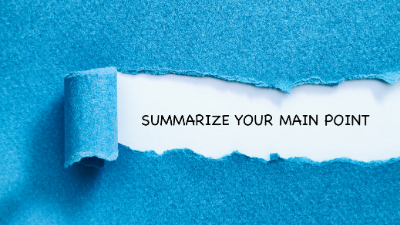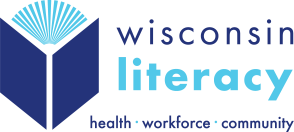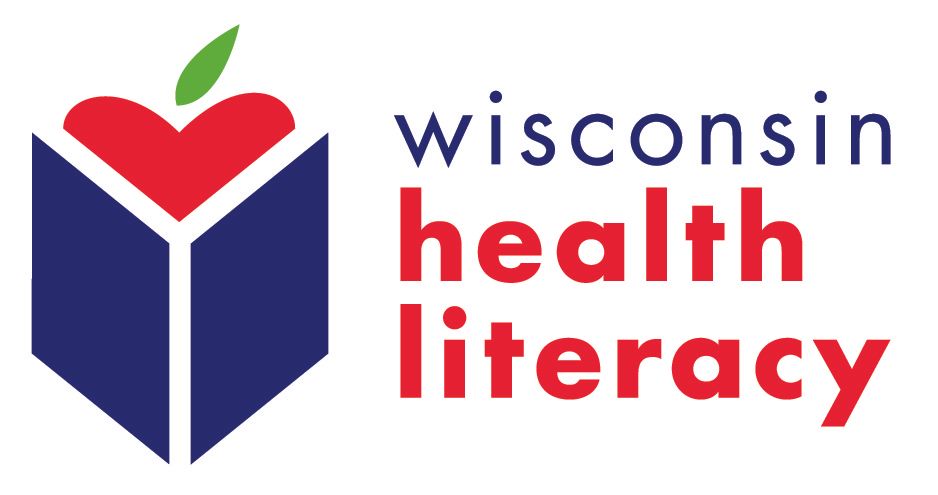
A recent participant in Wisconsin Literacy’s plain language training series said it was life changing for her, both professionally and personally.
Plain language has done the same for me!
What is plain language?
Plain language strategies make your message clear and actionable.
My favorite strategies include:
- putting the most important information first
- using consistent, easy to understand language
- formatting you message with lots of white space
Plain language strategies:
- save time and money by getting your message across faster
- motivate your readers to act quickly and accurately
- reduce time you spend prompting readers, clarifying questions, and correcting errors
Plain language helps readers:
- who are non-native English speakers
- with low literacy skills
- who are stressed
- who are distracted
Where I use plain language
Email. I used to start emails with lengthy justifications and the background of why I am emailing you. What I wanted someone to do was at the end of the message (burying the lead). Who knows if my readers even got to that part?
Social media. I take out extra words and am direct. This prevents character limits from hiding the view of my message and catches scrolling eyes.
Policy and procedures. I’ve revised instructional documents, especially during the pandemic. If you want people to follow your rules, make sure they understand them!
Flyers. Catch the reader’s eye with relevant information.
Blogs. I’ll be honest, applying plain language principles to blogs is very difficult for me. How do I keep a light humorous tone and get my message across?
As an English teacher to newly arrived refugees, I had a knack to use language that was easier for them to understand. Through plain language training, I’ve learned how to put it in writing.
Lessons Learned
I adopted these plain language mantras in all aspects of my life.
Slow down. Plain language messages take longer to write. Be careful and thorough.
Think about what's important. Forget about the other noise, you probably don’t need it.
Be direct. When I studied linguistics, I learned that women often hedge and apologize. It’s ok to just ask for what you need!
Focus on my audience, not me. A recent training participant shared a message from a nursing facility where her mother lives. The message was long and dense, full of too much information. Perhaps the nursing home was thinking about how their audience would view the nursing facility, so the put in lots of justifications. In doing so, they missed sharing what the readers really want to know: how can I visit my loved one?
Be positive. Framing your message with what you and your audience can do is empowering.
And here I am, burying the lead –
Register for virtual plain language trainings here:
https://wisconsinliteracy.org/training/virtual-plain-language.html

